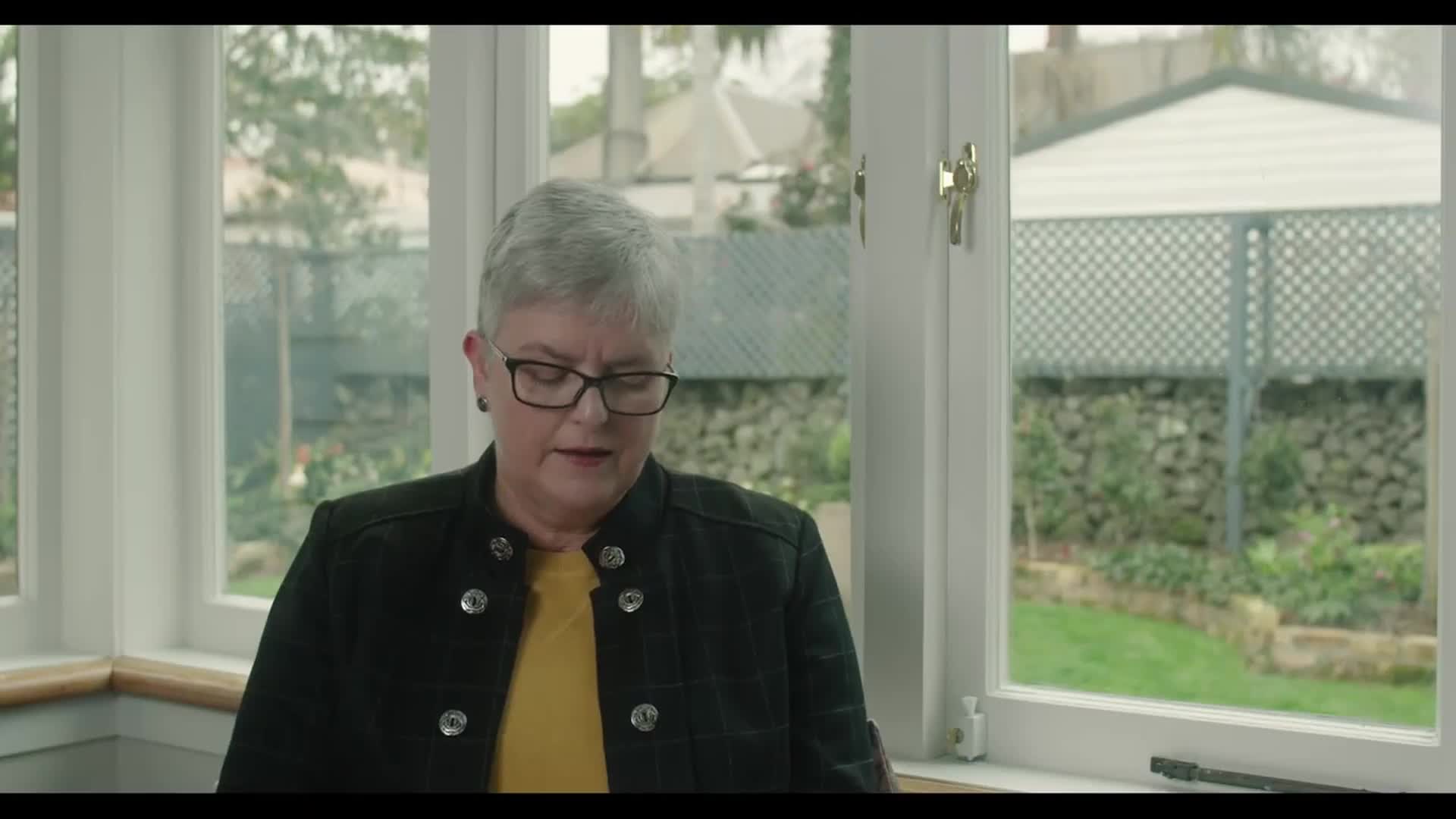
Home
Engagement
Care of creation
Susan Adams speaks in the 2018 Season of Creation about how we need to think of God as creat-ing rather than creat-or to help us tackle climate change.
This is the second sermon in Susan Adams "Care of creation" story.
Part one can be found here
This is the second sermon in Susan Adams "Care of creation" story.
Part one can be found here


Just then loving
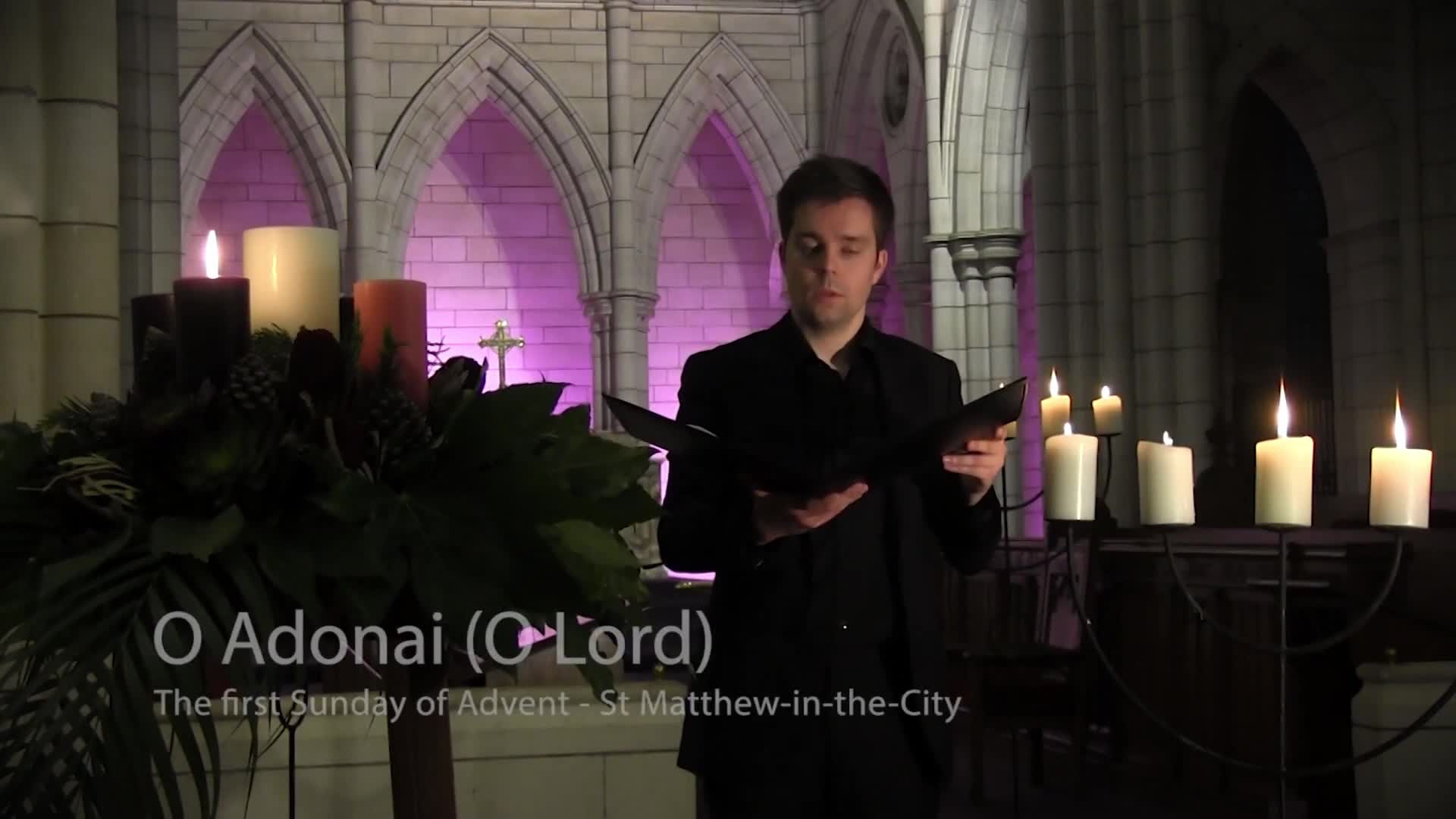
The Great O Antiphons: O Sapientia, O Adonai

Lockdown Video for Lent 5
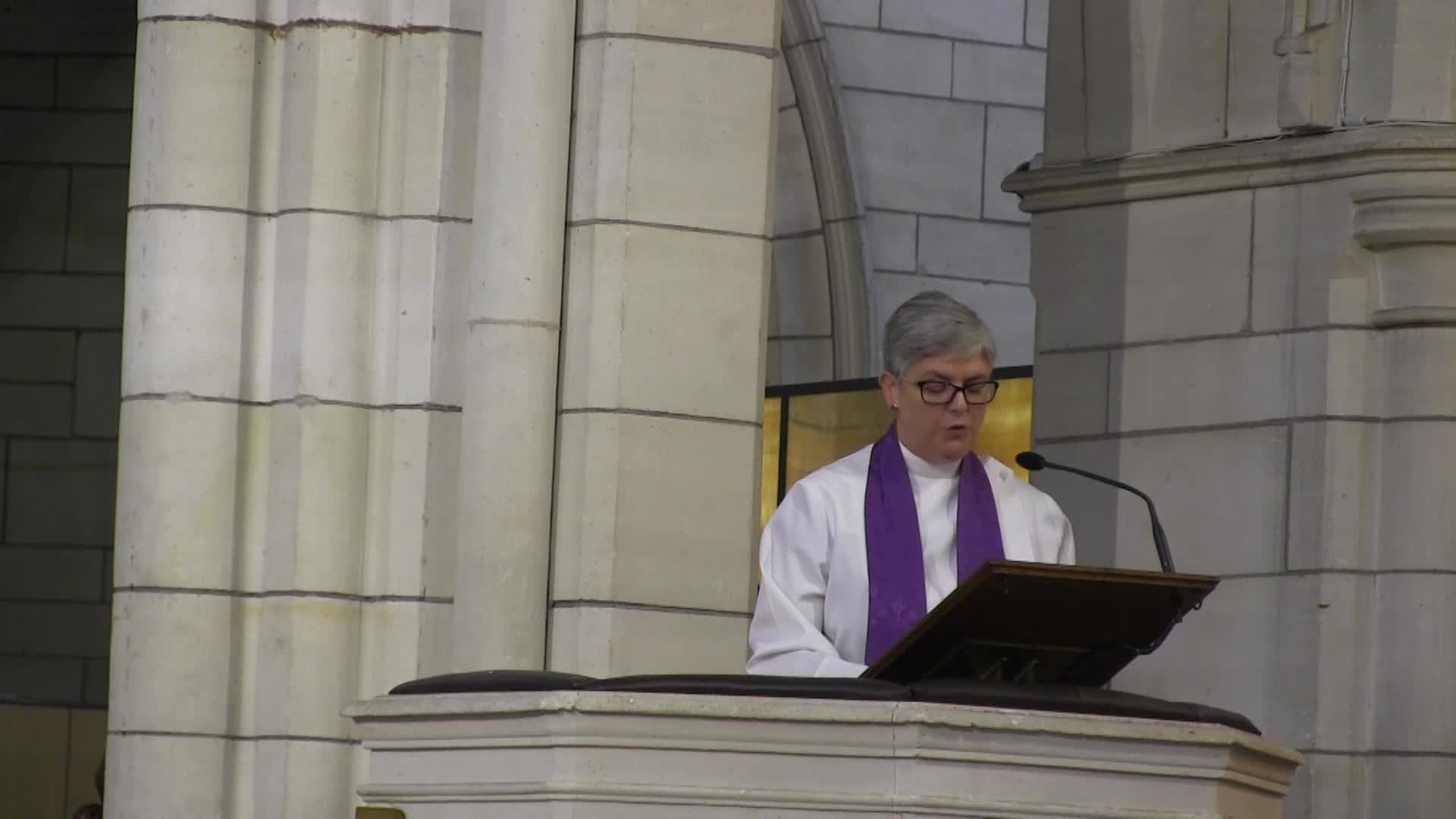
Forgiveness
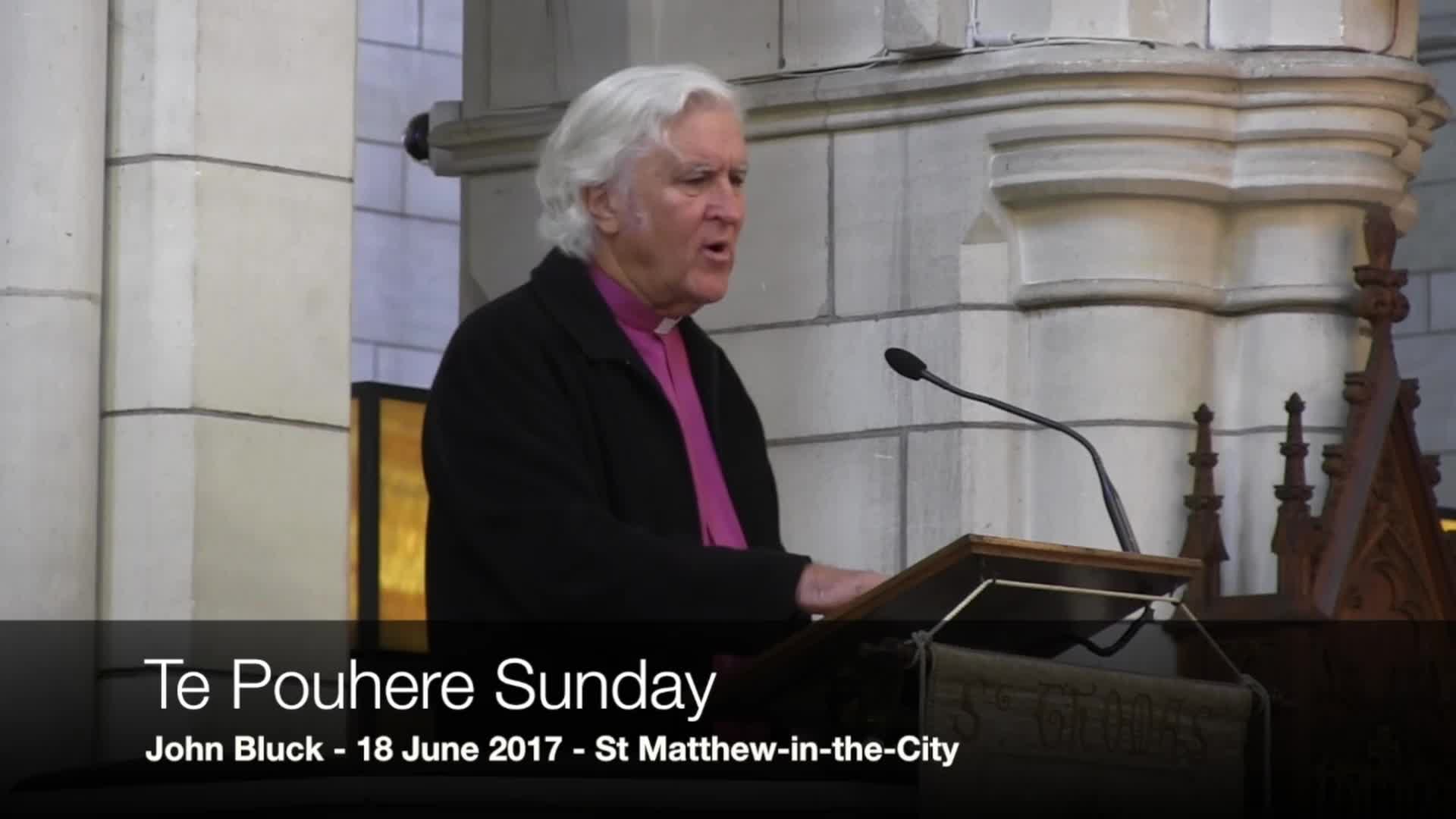
Te Pouhere
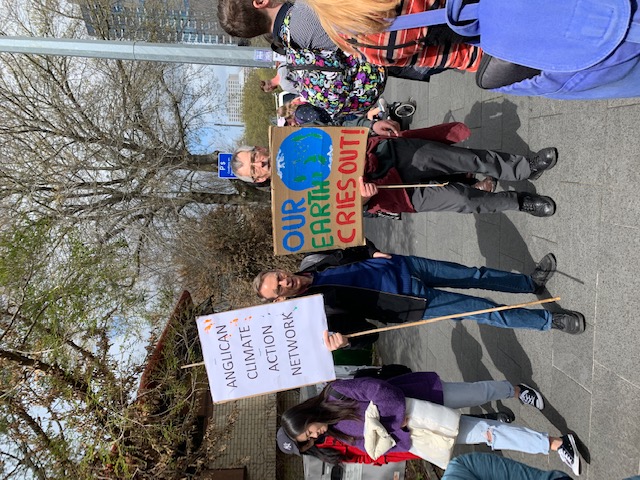
Climate Crisis Statement

Faith in the city

The Grand Piano
